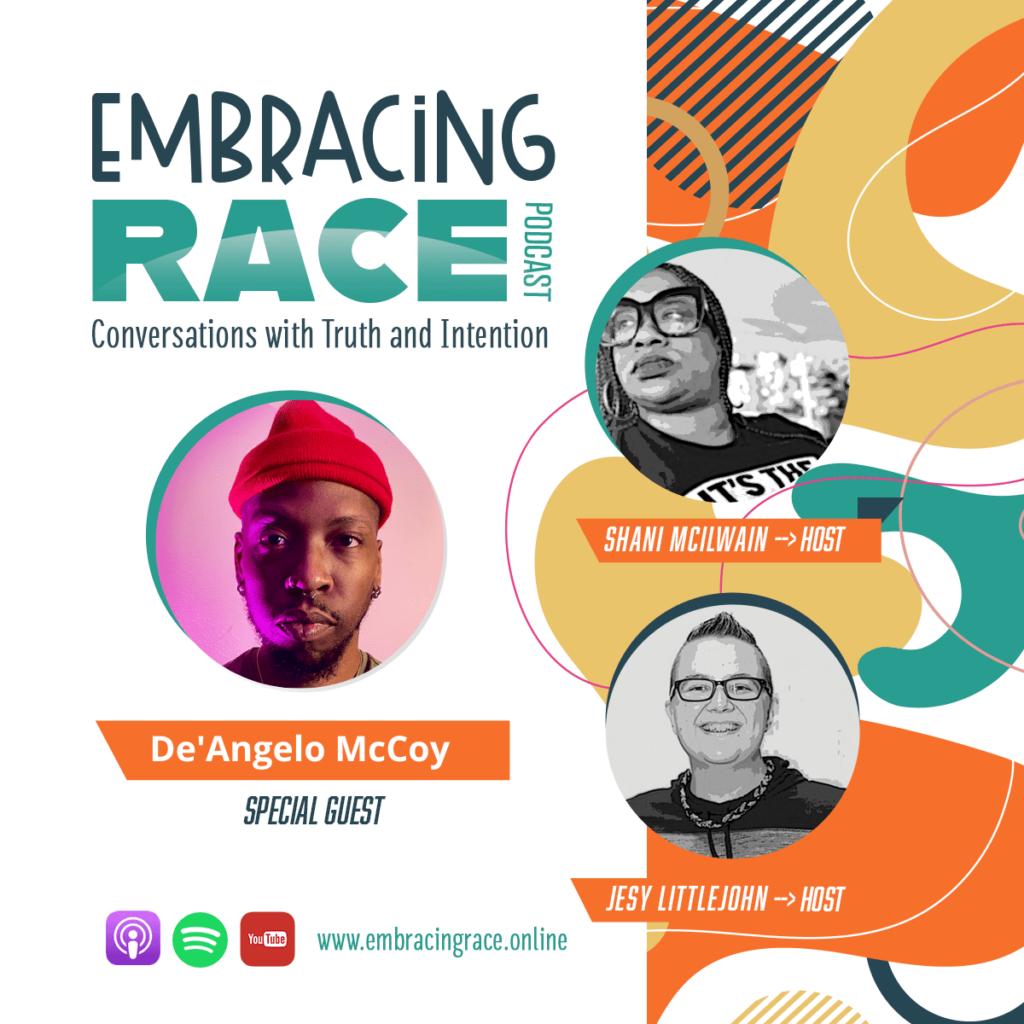“Be curious, not judgmental” was a phrase I kept reading all down my Facebook timeline in 2020. Faithful friends, mainly Presbyterian clergy and lay leaders, shared a common interest every Wednesday, in a new comedy-drama on Apple TV titled “Ted Lasso”. It would be another year before I would join the bandwagon, and the weekend before the premiere of season two, when I binged watched all of season 1. I fell in love with the mild mannered football coach who takes a job across the pond, after an unwanted separation and subsequent divorce, to coach a floundering men’s soccer team.
In an era when toxic male masculinity is ingrained in everything we do, this fun-loving, jovial, character’s big speeches and catchphrases became a staple in conversations, coaching sections, and sermons. One of my favorite episodes of the first season is when Ted, who appeared to not know how to play darts, is challenged by his boss’ ex-husband and former owner of the team, Rupert. Rupert, believing that Ted was a mediocre coach and his ex-wife, Rebecca Welton, an even worse owner, sees an opportunity to build his ego and regain control of his team, by wagering a bet that he could beat Ted at darts. Ted accepts the offer, per the condition that if Rebecca wins Ruper must walk away and leave Rebecca to run the team however she sees fit. By the end of the game it appears that Ted is heading towards defeat. He casually asks the beloved Barkeep, Mae, what he needs to win: Two triple 20s and a bullseye. Ted takes a beat and in true Ted fashion, he begins to tell a story. In this moment we catch a more complex glimpse of Ted-one who is deeper than catchphrases and cliches. It’s here that he tells how he encountered the Walt Whitman quote “Be curious, not judgemental” on a walk with his son. And as he hits the two triple 20s, and the crowd around him waits in anticipation, we learn that if Rupert had stopped to ask questions and listened he would have learned that Ted had played darts with his dad every Sunday until the day he died. Bullseye.
Being curious and not judgmental is a way of life for me. It makes me a better listener, a better parent, a better coach, a better interviewer. When we are curious about the people we are in community with, it brings us closer together. When we are curious, it leads us to become more understanding of people with whom we may have a different opinion. When we are curious, we grow. The very definition of curiosity is the eagerness to learn or know something. It reminds me of Psalm 139: “You have searched me, oh God, and know me.” To be known by God is an assurance and promise where we can find rest. To be known is to be in a relationship that does not always need words. To be known means to belong. When we look at our faith through a posture of curiosity we begin to see God in a way that is attainable, that is practical and pure. It is not a relationship that is one sided. It invites us to search God for ourselves. It is evidence of love.
Having a curious faith makes room for questions and wonder. Curiosity makes room for grace and mistakes. Curiosity makes room for our humanity in our flawed and oftentimes ego-centered selves. Curious faith requires a level of vulnerability and intimacy with God that many of us fear. But, why would we not be open and transparent with the Creator who formed us, who knew us in the womb of our mother? Why would we not lean into the promises of God and receive the welcome belonging available to us?

In my work as host of “Embracing Race: Conversations with Truth and Intention,” one of the challenges that my co-host Jesy and I are embarking on in season 2 is to have the hard conversations we all avoid. It is my hope that when the conversation is outside of my understanding, that I lean in and ask myself, “why did they choose that path?” or “I wonder why they said that?” When we ask the question of why, we get to uncover why people do what they do and why they love what they love. It is, in fact, the only way towards liberation.
Revelation 12:11 reminds us that we are overcome by the blood of the lamb and the power of testimony. In our testimonies we find connection, we find our strength, we find our purpose. Our humanity is connected. In the many encounters Jesus had with people, they always left transformed and ready to share their stories. This is all part of going to teach others. The best way to teach is by sharing our experiences. Taking our wins and losses in life and sharing how God’s grace kept us. Curiosity, this desire to learn and know our neighbors’ story, is really an act of selfless love that says, “I see you. You matter. Your story matters. Your experiences matter.” It is, without a doubt, a gift that exceeds any monetary value. It leaves an imprint on our hearts.
It is faithful curiosity that allows our humanity to shine through ahead of ego. In my favorite Ted Lasso episode, “Be curious, not judgmental” Ted had played darts for over 10 years faithfully. If Rupert would have just been curious enough to care to learn Ted’s story, he would have realized that he was not a novice dart player but rather an expert. In Rupert’s arrogance he made a snap judgment, without learning what makes Ted do what he does and love what he loves.
If our very own lives are connected to those around us, it would behoove us to think about those around us like God thinks about us. What would it look like to search those that we love and know them? What would be offered to love our neighbors in such a way that we would lead without fear but in loving curiosity? Not just for them, but for our own liberation.



